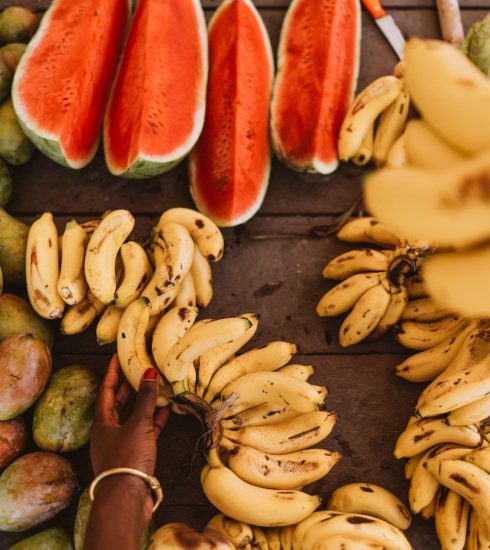5 Healthy Flour Alternatives And How to Use Them
Most of us are aware that refined flour is unhealthy. The white, fluffy powder has no nutritional benefits for our bodies. The increase in blood sugar is another well-known side effect. White flour has low nutritional value; for every calorie it provides, it almost entirely lacks fibre, protein, and healthy fat. Nutrient-dense recipes and favourite foods can be enhanced with alternative flours. How do you break free from refined flour in a world where everyone is obsessed with healthier substitutes and options while still enjoying bread, desserts, and pasta? Consider trying out any of these flour alternatives.
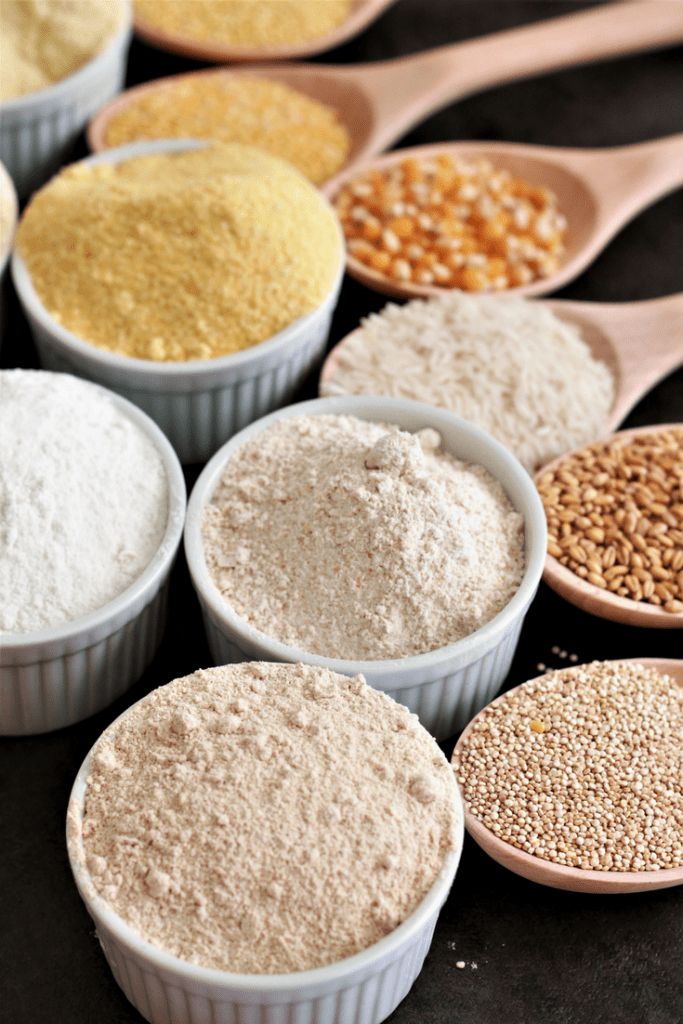
(1) QUINOA FLOUR
A nutrient-dense, gluten-free seed with an earthy, nutty flavour, quinoa is the source of this flour. Quinoa is sometimes seen as a grain, but it is a plant-based protein source with all nine essential amino acids necessary for proper bodily function. Additionally, high in fibre, minerals like magnesium, iron, B vitamins, and antioxidants, quinoa and quinoa flour are also rich in several other nutrients. Try using quinoa flour in waffles, muffins, and pancakes. For extra nutrition and a nutty taste, replace half of the all-purpose flour in standard recipes with quinoa flour.
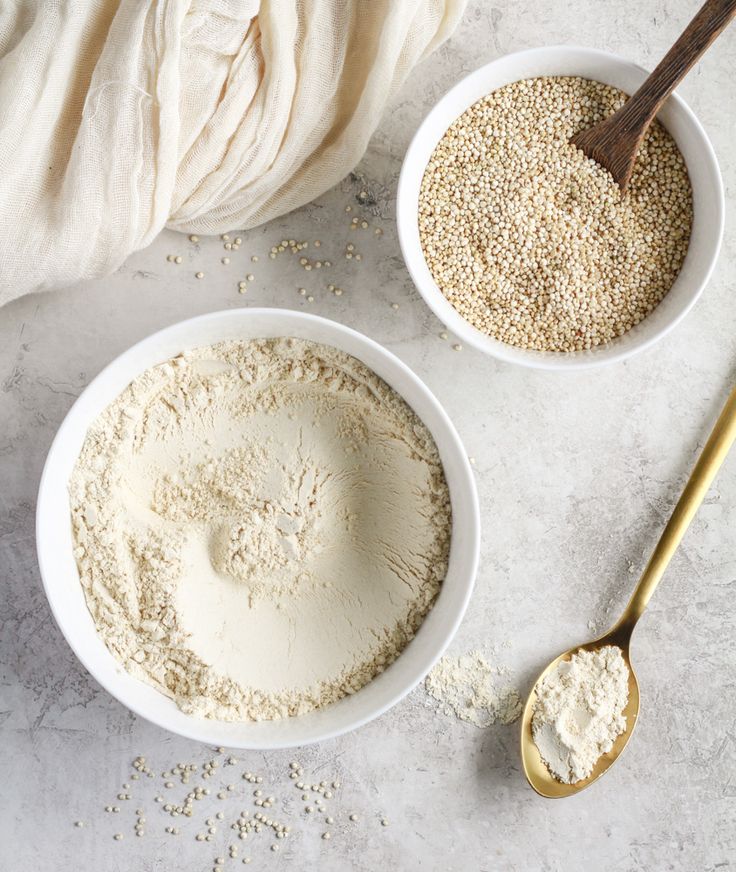
(2) RYE FLOUR
Rye berries, a variety of wheat with a rich, earthy flavour, are used to make rye flour. Light, medium, and dark variants of rye flour are available for purchase. The rye is closer to a whole grain, the darker it is because darker rye has more bran and germ. Additionally, darker rye will have a thicker texture and a more potent sour flavour than lighter kinds. Rye flour should not be used in place of all-purpose flour. Instead, mix by replacing 25% of the all-purpose or whole-wheat flour with rye flour. Regardless, you could prefer a combination because rye flour has a strong flavour. Savoury foods like bread, crackers, spaghetti, flatbreads, and even pie crusts are best made using rye flour. However, it can also give rich taste and fibre to baked goods like cakes and cookies.
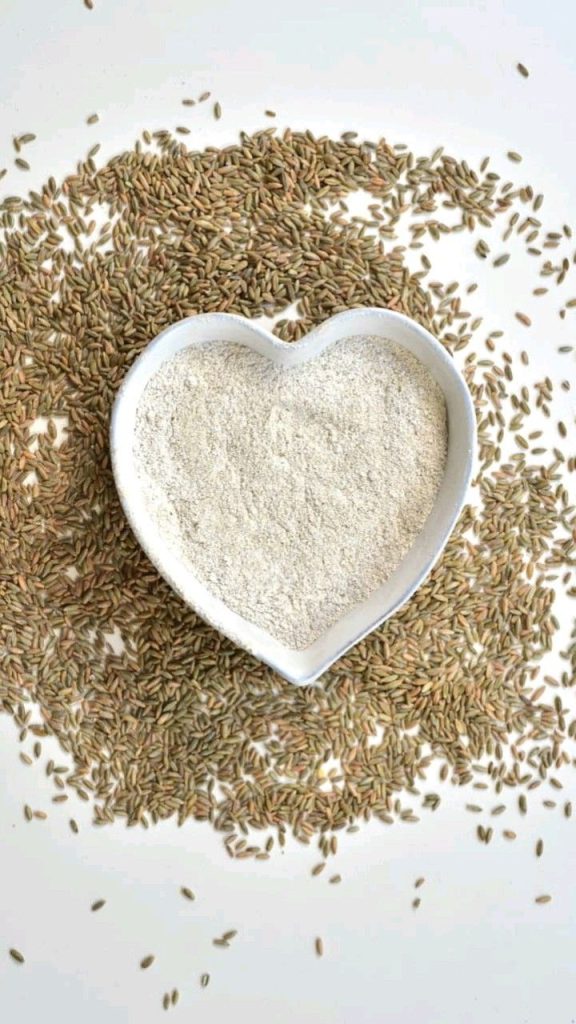
(3) ALMOND FLOUR
This kind of flour is made from peeled and finely ground almonds, which are believed to boost feelings of fullness and satisfaction. It also lowers glycemic (blood sugar) impact after a meal or snack and is high in fibre, healthy fats, and protein. Almond flour is a heart-healthy choice for grain-free, low-carb, paleo, and keto diets.
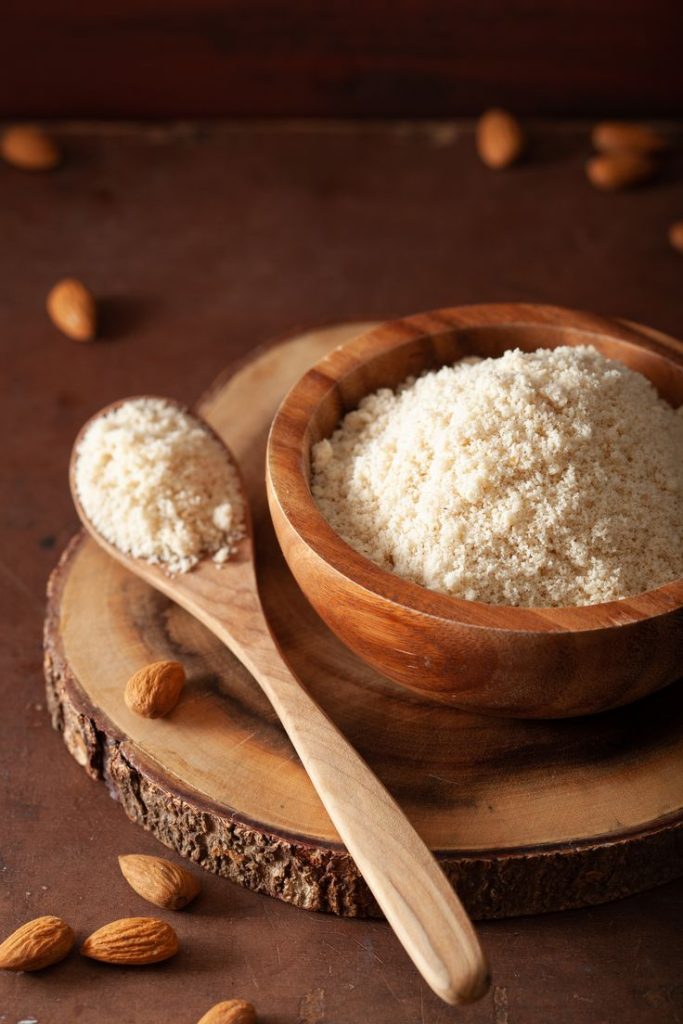
almond flour. healthy ingredient for keto paleo gluten-free diet
(4) COCONUT FLOUR
You guessed it: dried and ground coconuts are the source of this flour substitute. Along with easily digested carbohydrates, it is full of fibre and good fats. Remember, though, that it can need extra moisture when used in recipes. Coconut flour is appropriate for grain-free, paleo, and keto diets. Those allergic to nuts can also use it as a great substitute for almond flour.
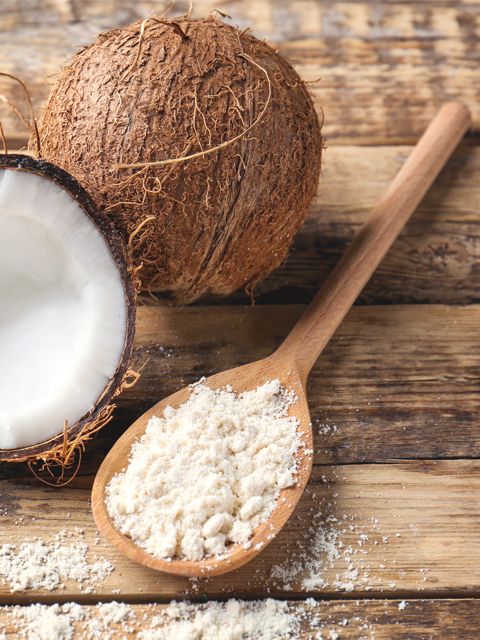
(5) OAT FLOUR
Since all you’re using is ground-up rolled oats, this replacement is really easy to make. With a food processor or blender, you can easily make it at home on a budget or buy it. Oat flour has a higher protein and fibre content than all-purpose wheat flour. Oat flour is suitable for gluten-free diets when made with rolled oats that do not contain gluten.
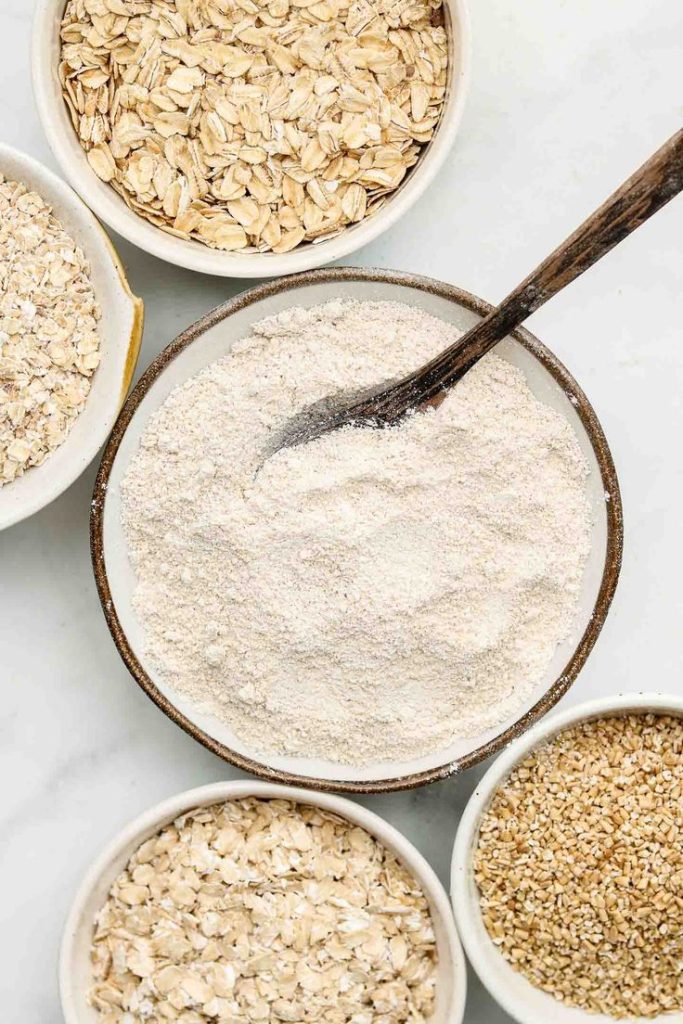
CONCLUSION
Whole-wheat and alternative flours provide a world of flavours and textures worth discovering, whether they replace or enhance your go-to recipe. And it’s never been simpler to branch out with the growing assortment that most supermarkets offer. Try one of these flours for nutritional benefits, including more fibre, protein, and micronutrients. Go beyond the basics.

Dorcas Akintoye is a versatile writer with a passion for beauty, fashion, relationships, and culinary delight. With a keen eye for detail and a passion for storytelling, she adds a touch of elegance to every topic she explores. She is a writer at THEWILL DOWNTOWN.






